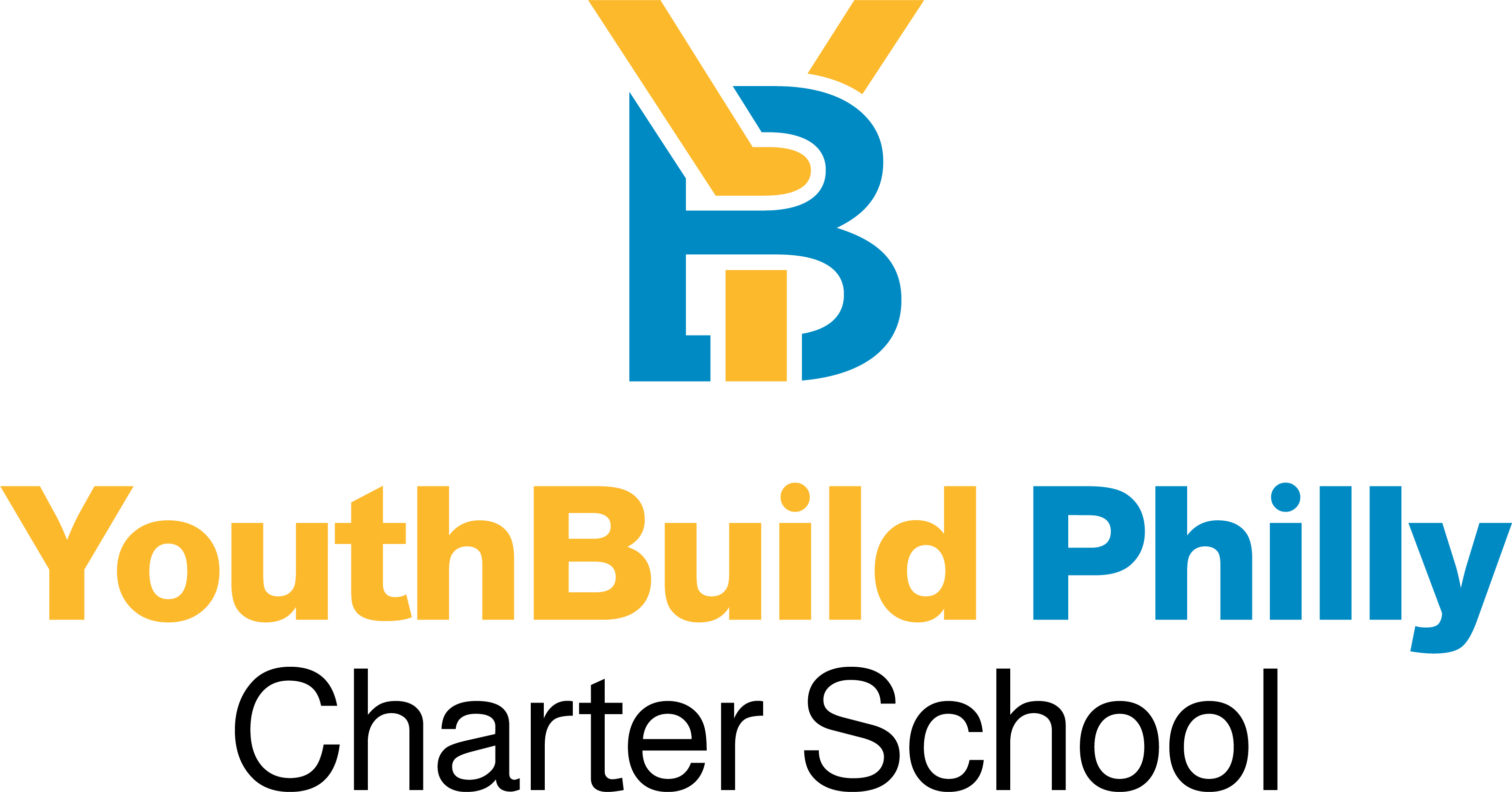
- YouthBuild Philly Code of Conduct
- 2023-2024 YouthBuild Philly Student Handbook
- YouthBuild Philly Truancy Policy and Program
- YouthBuild Philly Bullying Policy
- YouthBuild Philly Child Find Policy
- YouthBuild Suicide Awareness Policy
- Transgender Student Policy
- Pennsylvania Department of Education’s Every Student Succeeds Act (ESSA)
- Student Health Services Policy
- Water Quality Testing:


